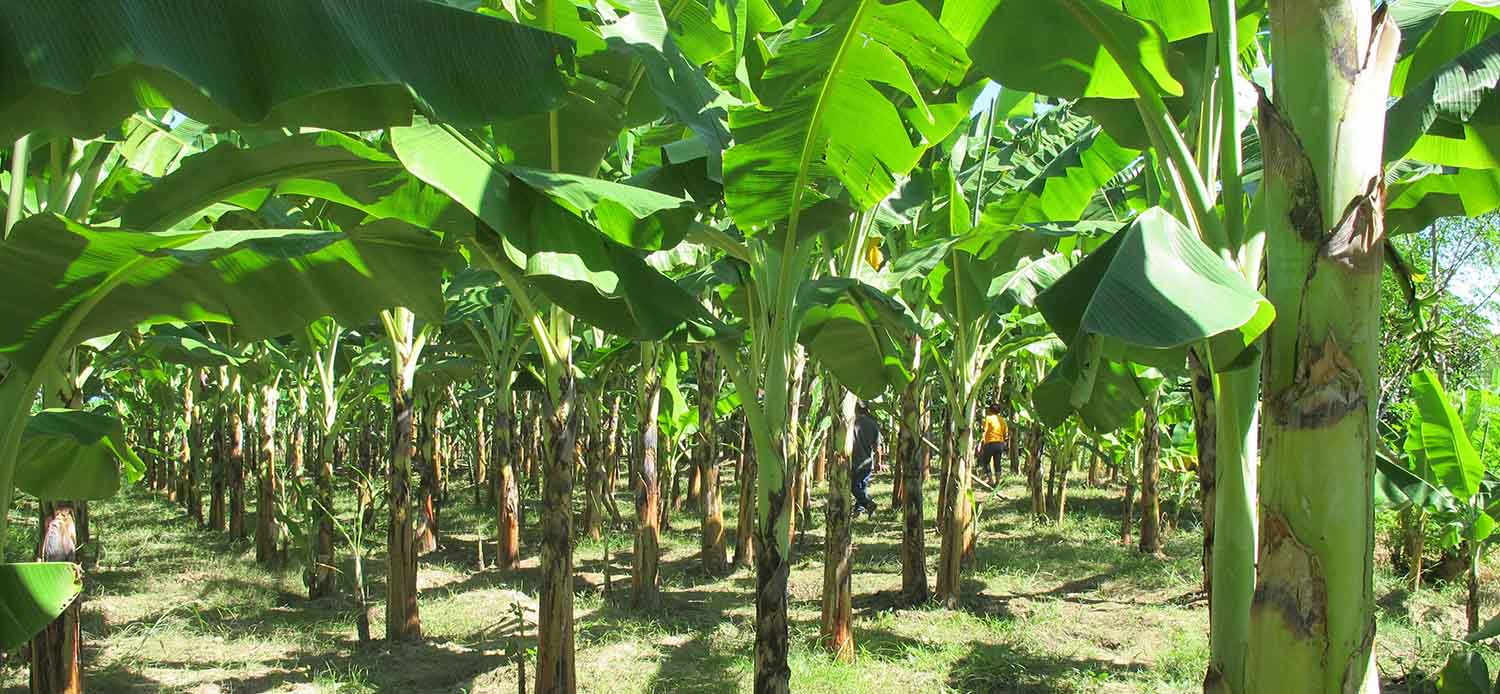
The Sanitary Pad Project
A Local Solution
To A Universal Problem
Imagine the embarrassment of a young woman trying to go to school without safe, reliable, sanitary protection when she has her period. Is it any wonder that the lack of hygienic pads is a leading cause of girls’ failure to complete their education?
Femlead is already implementing plans to address this problem.
One of the biggest issues facing young girls in Busiiro as they reach puberty is the humiliation and embarrassment they have to endure because they have no safe, reliable, sanitary protection during their periods.
The alternatives they can be reduced to using might be plastic bags, dead leaves, rags, or even sand. Unsurprisingly most girls and young women are missing education for around five days a month. Not only that: the alternatives are ineffective and can cause serious infections.
Unlike many of the other difficulties endemic to a place as poor as Busiiro this is a practical problem. In 2017 Femlead commissioned a feasibility study (Link to feasibility study) to examine practical solutions.
What is required is a product, made locally, using, as far as possible, local materials and local labour. The manufacturing process should not be dependent on much water. Nor, for the same reason, should the product be re-usable: soap and water are scarce, and without proper washing re-usable protection can cause the infections Femlead is trying to avoid.
What is needed is a procedure that can use the waste material from a local staple food – bananas.
Research shows that banana stems, when pulped and fluffed, make a material even more absorbent and safer than what can be made from wood pulp and waste paper. And the process uses less water.
Femlead is in the process of creating a self-sustaining cottage industry which includes setting up a small production unit as well as organising women’s groups to plant more bananas. This venture will not only manufacture sanitary pads for the local girls but also help to alleviant a critical food shortage, provide work for local women and supply Femlead with the banana stems required to make pulp fluff filling for sanitary pads.

